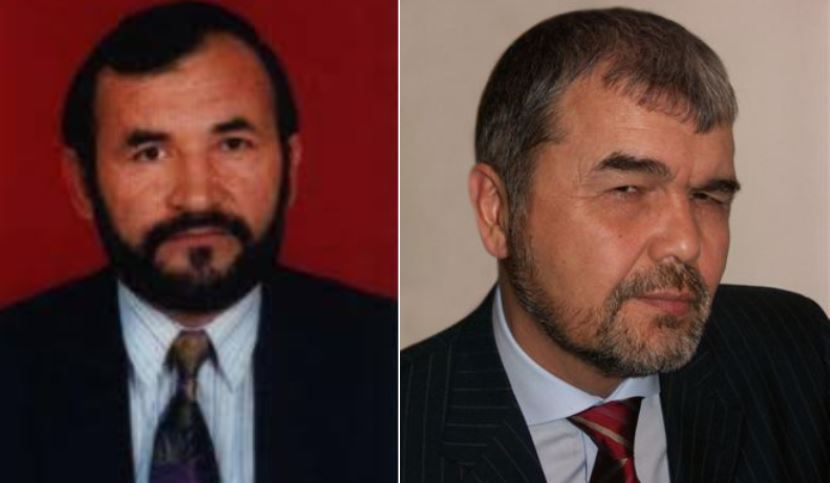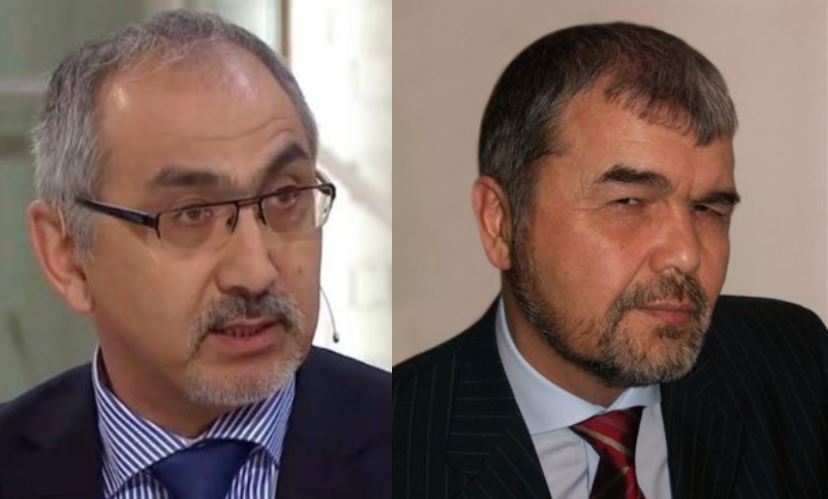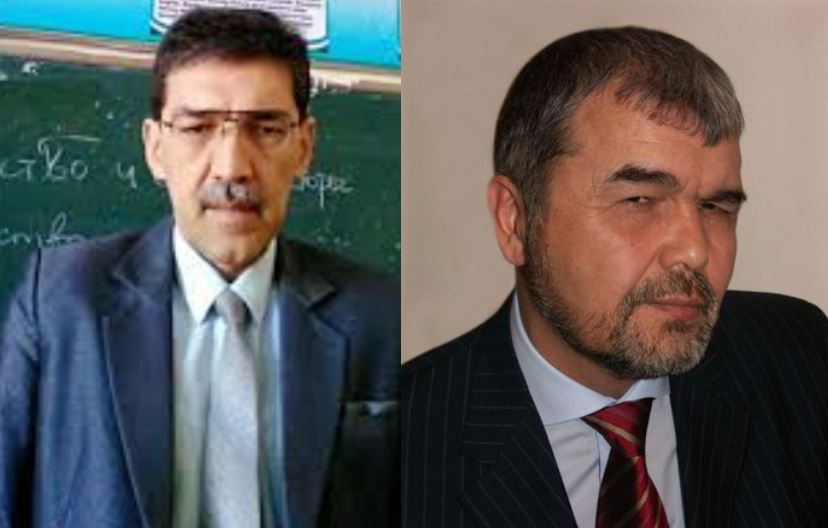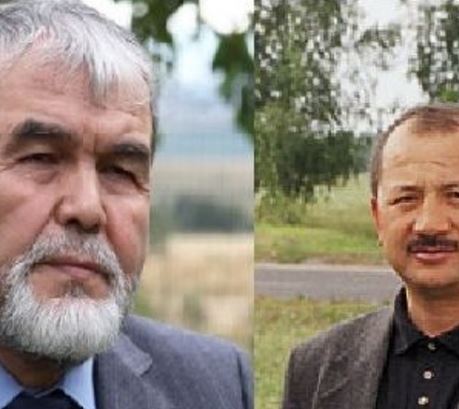By: Patrick Griffith
April 26, 2012
Today, Dilmurod Saidov is spending his 50th birthday in a prison work camp in Navoi, Uzbekistan. Over the course of the last year, the international community has watched, and debated, as relations between Uzbekistan and the West have steadily improved. But, as we discuss the costs and benefits of any further strategic engagement with the Karimov regime, we must not forget the individual victims of that government’s repressive policies.
In the middle of the last decade, relations between Karimov and Western leaders hit an all-time low following the bloody Andijan crackdown in 2005. The European Union imposed sanctions. The United States, which had imposed sanctions a year earlier, was evicted from its airbase at Karshi-Khanabad after pressing the government to allow an independent investigation.
But tensions eventually eased. Brussels lifted the last of its sanctions in 2009. Washington, which had become increasingly reliant on the Northern Distribution Network (NDN) and the network’s rail link between Uzbekistan and Afghanistan, waved its sanctions in 2011. Recent reports now indicate that London is stepping-up diplomatic contacts to facilitate its own use of the NDN. But, as debate over the necessity of further strategic engagement with the Karimov regime continues, so does the imprisonment of Uzbek human rights defenders like Dilmurod Saidov, Akzam Turgunov, and Gaybullo Jalilov.
Dlimurod Saivod, who turned 50 years-old today, has been wrongly detained in Uzbekistan since February 22, 2009. Before his arrest, Mr.Saidov worked as a journalist and human rights defender. He investigated corruption and defended the rights of farmers in the Samarkand region. But, the government brought fabricated extortion and forgery charges against Mr.Saidov after he reported on illegal land seizures and represented victims petitioning government authorities.
His trial failed to meet international standards: the government repeatedly conducted proceedings without notice to his legal team, essential documents disappeared, and the court relied on written witness statements even though many had revoked them. Ultimately, the court sentenced Mr.Saidov to twelve-and-one-half years in prison.
In detention, Mr.Saidov has continued to suffer. His wife and five-year-old daughter died in an automobile accident in late 2009. Then, in the summer of 2010, he issued an open letter reporting that he had contracted tuberculosis but was being denied adequate medical treatment. Recently, he failed to call family members as scheduled and there is now concern that the government may have transferred or hospitalized Mr.Saidov without notifying his family.
Unfortunately, Mr.Saidov is not alone. Another human rights defender, Akzam Turgunov, has been imprisoned since 2008 under circumstances that are strikingly similar. Police arrested Mr.Turgunov and accused him of extortion for his work as a public defender on behalf of a woman involved in a divorce settlement dispute. Authorities held Mr.Turgunov incommunicado for 18 days, poured boiling water over his back, and sentenced him to ten years in prison after an unfair trial.
Last year, the UN Working Group on Arbitrary Detention held that Mr. Turgunov’s continued imprisonment violates international law because it resulted from his legitimate human rights activity and because his trial failed to meet minimum international standards of due process. However, Mr.Turgunov remains imprisoned despite the Working Group’s demand that he be released.
The Uzbek government also uses security related charges to silence its critics. Gaybullo Jalilov is a human rights defender who investigated the persecution of independent Muslims in Uzbekistan. The government arrested him in 2009 and sentenced to eleven years in prison after he confessed under torture. The charges against him included terrorism, inciting hatred, disseminating materials that threaten public safety, and participating in a banned organization.
Even after his conviction, guards kept beating Mr. Jalilov with truncheons and are now preventing him from meeting with family members.
While these cases demonstrate the government’s willingness to violate international law, they also remind us that when engaging with the Karimov regime it is not enough to merely talk about abstract human rights. It is essential that we remember – and specifically raise – the individual cases of human rights defenders who continue to languish in Uzbekistan’s prisons.
Patrick Griffith is a program attorney with Freedom Now, a legal advocacy organization that represents Messrs. Saidov, Turgunov, and Jalilov.
http://www.freedom-now.org/wp-content/uploads/2014/12/Saidov-Op-ed-4.26.20121.pdf





